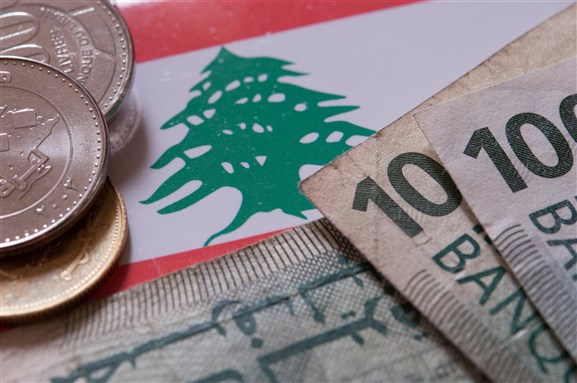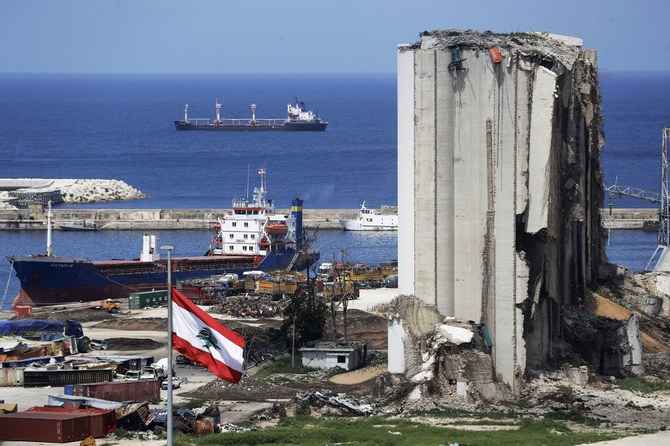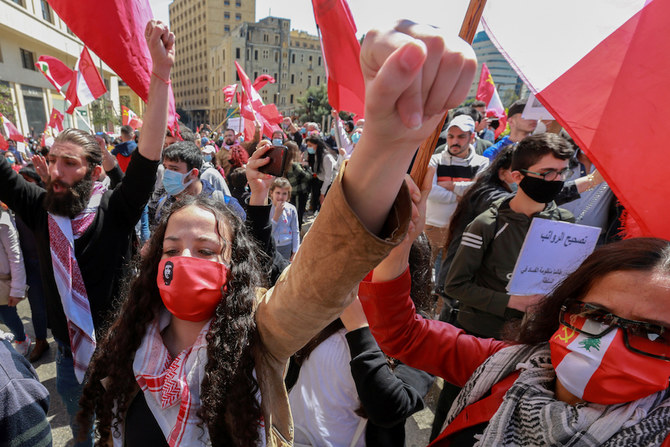
By Dale Gavlak – voanews.com — – The International Monetary Fund says Lebanon won’t pull itself out of its economic crisis until a new government is formed to start long-stalled reforms. But Lebanese analysts say they are being held hostage by a corrupt political class and need outside help to break the logjam to create conditions that bring the country back from the brink. One suggestion is to set up a temporary United Nations trusteeship council for Lebanon to get the country back on its feet. By defaulting on its $1.2 billion Eurobond debt last year, Lebanon’s currency crashed and its economy shrank by 25 percent. Jihad Azour, head of the International Monetary Fund’s Middle East department told Reuters that addressing Lebanon’s dire economic crisis now “requires a comprehensive approach” with multiple financial and governance reforms. He warned that “in (the) absence of a new government that can lead this transformation, it’s very difficult to expect that the situation will in itself improve.”
But Professor Habib Malik of the Lebanese American University told VOA that the Lebanese people are caught in a vice between the political warlords and the de-facto power, the Iran-backed Hezbollah militia. “The rest of the world has pretty much taken the position: Form a government, start implementing reforms and then we’re going to help,” Malik said. “That’s like telling the fox, ‘We’re going to put you in charge of the chicken coop and once you take care of the chickens, we’ll come and help.’ These people will not implement any reforms that will in any way diminish their theft, power and control. Second is, ‘You, Lebanese have to deal with Hezbollah on your own.’ That’s like telling the hostage with a gun to his head: ‘You have to free yourself from your captor and then we’ll come and help you.’ That never happens in a hostage situation either.” Economist Toufic Gaspard, a former senior advisor to the Lebanese finance minister and to the IMF said he doesn’t see the resumption of economic growth for Lebanon without financial and fiscal cleanup. “Therein lies the problem because the political system is one of sharing of spoils, not increasing the spoils. So, when there would be fiscal or financial reform, whatever it is, they are going to come up against the problem of this political system that the authorities are more interested in sharing the spoils than anything else,” Gaspard said.







